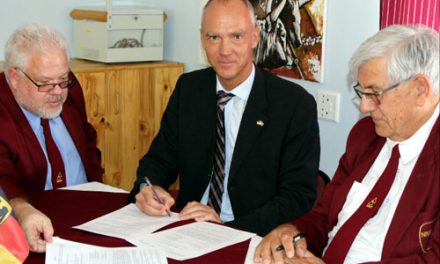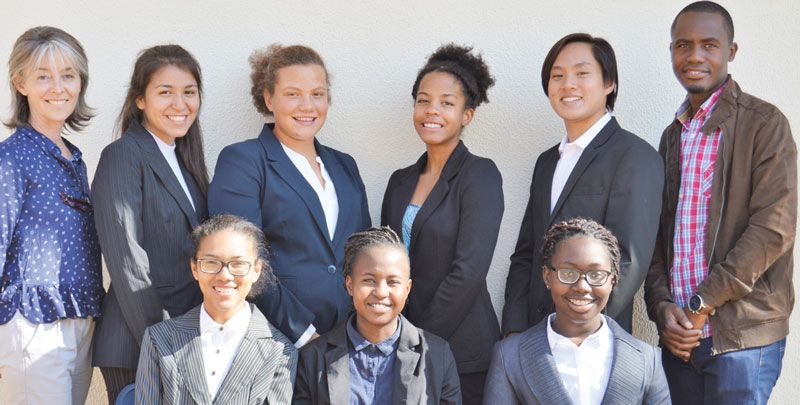
SADC officials review progress in the implementation of programmes in the education sectors

The Southern African Development Community (SADC) Joint Committee of Ministers responsible for education and training and science, technology, and innovation met last week in Kinshasa, Democratic Republic of Congo, to review progress in the implementation of SADC programmes in the sectors for the years 2021 and 2022.
Hon Muhindo Nzangi Butondo, Minister of Higher and Tertiary Education of the DRC and Chairperson of the Joint Committee of Ministers responsible for Education and Training and Science, Technology, and Innovation, presided over the meeting.
The Higher and Tertiary Education Minister addressed the progress achieved by the DRC in promoting vulnerable people’s education, as well as the government’s numerous policy-based approaches to combating inequities in access to essential services of lifelong education. He also highlighted different programmes that continue to contribute to youth employment in the DRC.
Meanwhile, Ms. Angèle Makombo N’Tumba, the SADC Deputy Executive Secretary for Regional Integration, emphasized the significance of the recently approved SADC Vision 2050 and Regional Indicative Strategic Development Plan (RISDP) (2020-2030), both of which Education and Training and Science, Technology, and Innovation are critical components of regional integration under Pillar 1 on Industrial Development and Market Integration and Pillar 3 on Social and Human Capital Development.
She provided an update to the meeting on the progress of the SADC University of Transformation, which, once operational, will focus on entrepreneurship, innovation, commercialization, technology transfer, enterprise development, and digital and knowledge economy to support the SADC industrialization agenda.
In this regard, the SADC Deputy Executive Secretary informed the meeting that the SADC Secretariat convened the Vice Chancellors Meeting on the operationalization of the SUT in January 2023 with the financial support of the Deutsche Gesellschaft für Internationale Zusammenarbeit and technical support from the Southern Africa Regional Universities Association, which recommended further engagement with other stakeholders.
The Ministers also reviewed a report from the Special Technical Committee on Certification and Accreditation Meeting which outlines the various implementation strategies for the Southern African Development Community Qualifications Framework (SADCQF) over the next four years.
“Measures proposed include implementation and reviewing of the SADCQF Guidelines and Manuals on Recognition of Prior Learning, the SADC Credit Accumulation Transfers systems, and the SADC Recognition Manual; moving towards referencing rather than alignment to the SADCQF; and focusing on new developments namely on issues such as digitalization, micro-credentials and common profiles of qualifications, amongst other things,” according to a press release issued recently by the SADC Secretariat.
The Ministers further endorsed, amongst others, the recommendations from UNESCO to implement programmes in Open Science and Access in line with the UNESCO Recommendation on Open Science, which provides an International Framework for Open Science Policy and Practice that recognizes disciplinary and regional differences in open science perspectives.
Ministers and representatives from Angola, Botswana, the DRC, Eswatini, Lesotho, Malawi, Mozambique, Namibia, Tanzania, Zambia, and Zimbabwe attended the Joint Meeting of the Committee of Ministers responsible for Education and Training and Science, Technology, and Innovation.
Representatives from International Cooperating Partners, United Nations Agencies, Implementing Agencies, and Development Partners responsible for these sectors also attended the event.













































